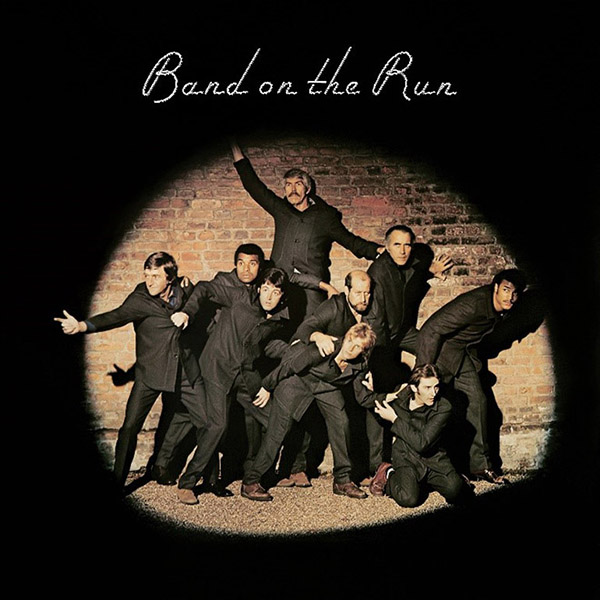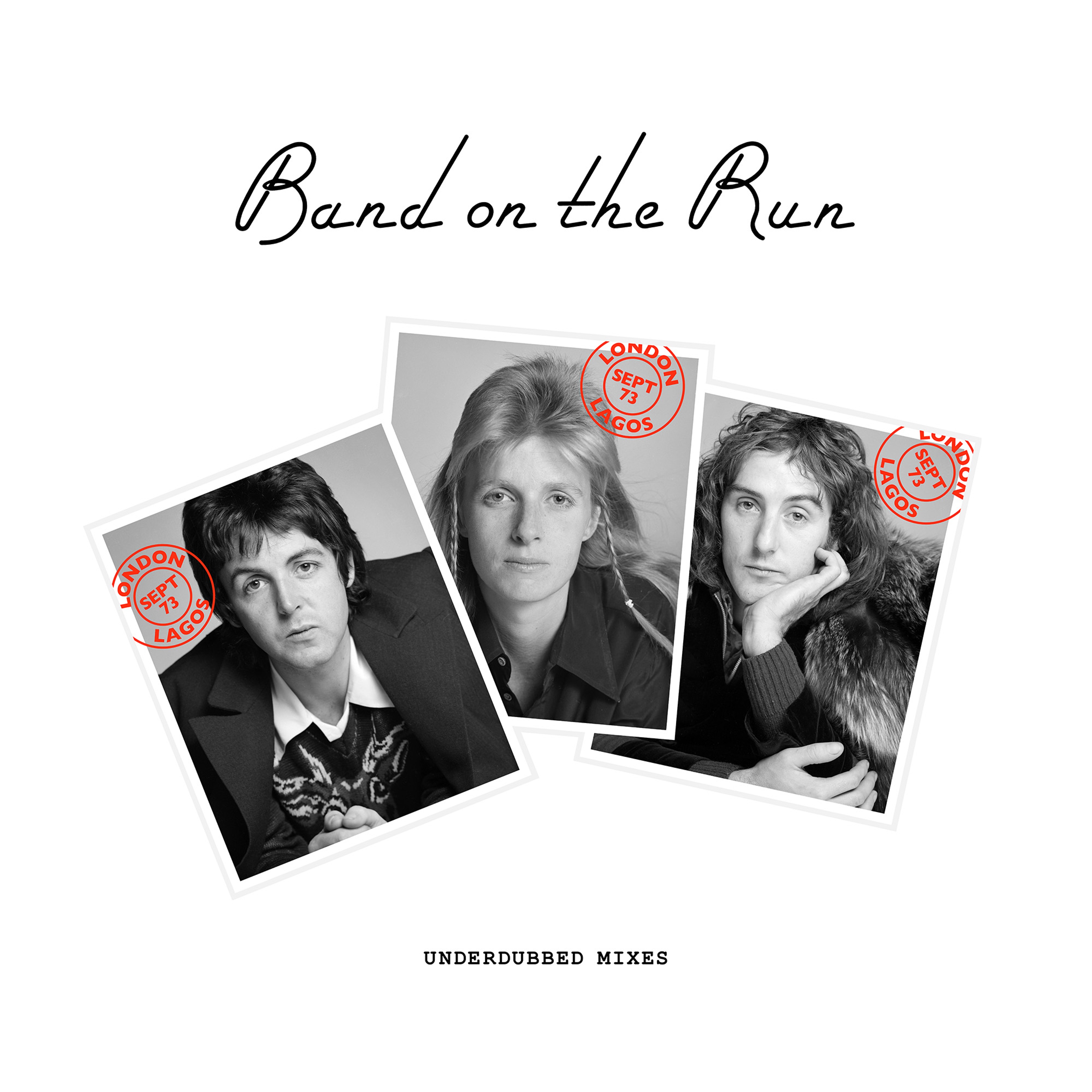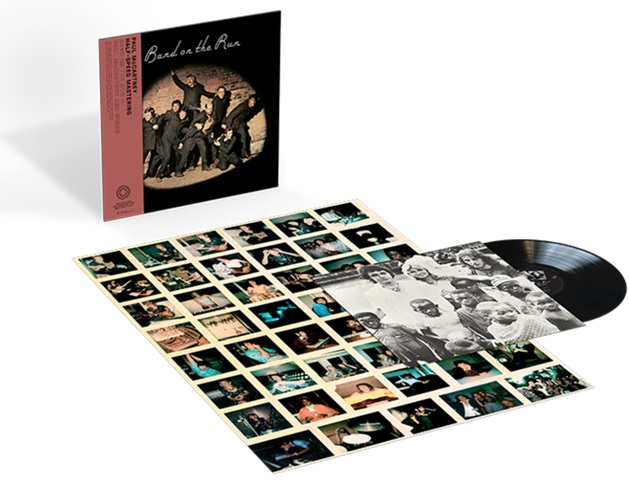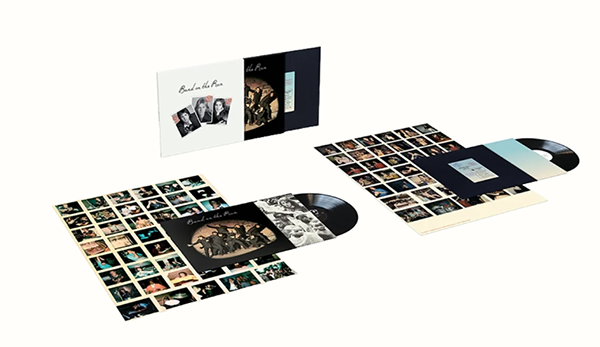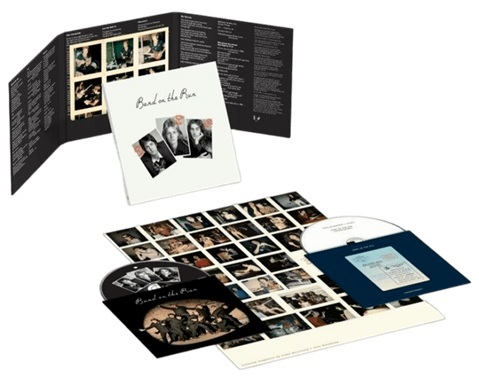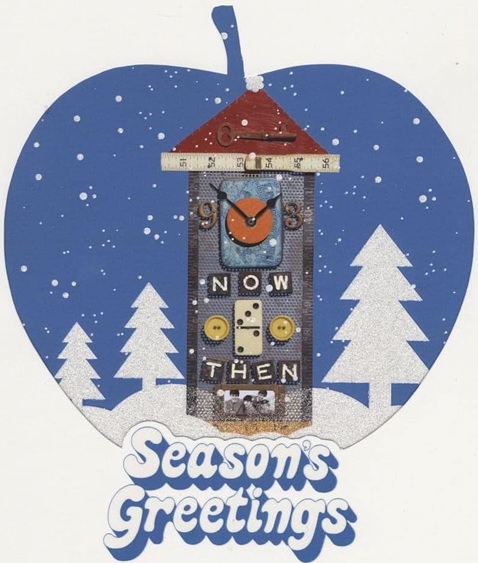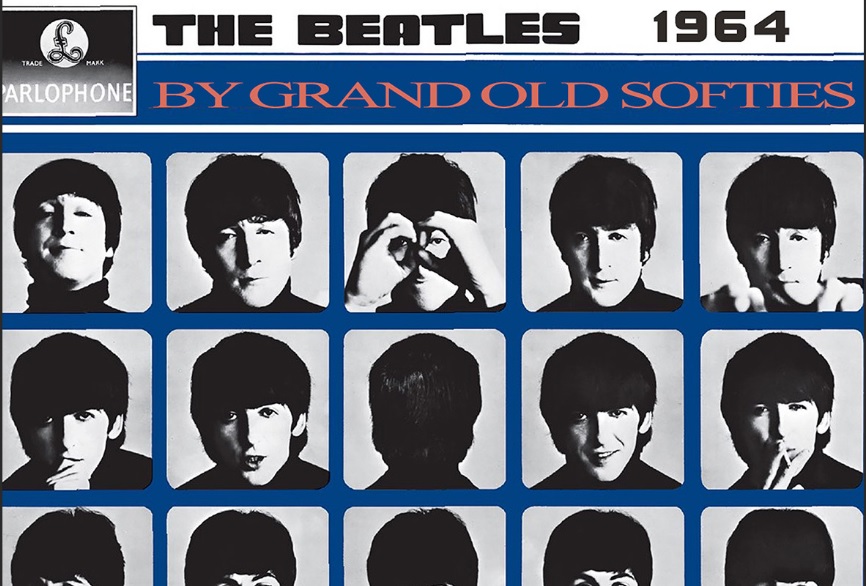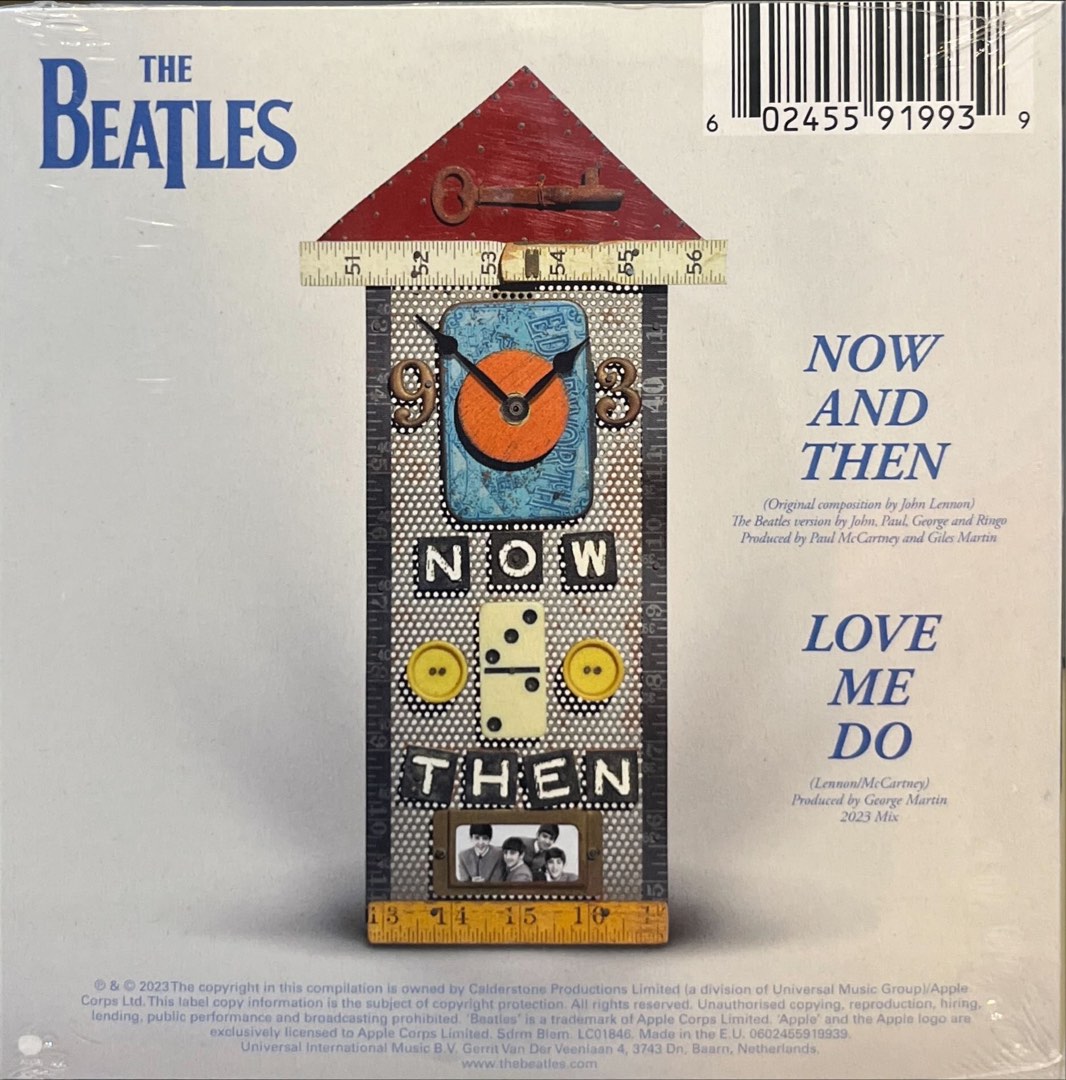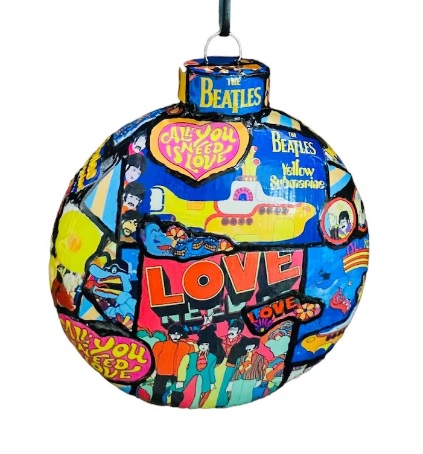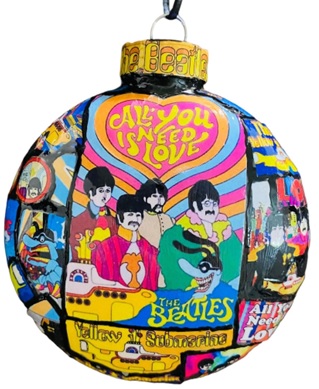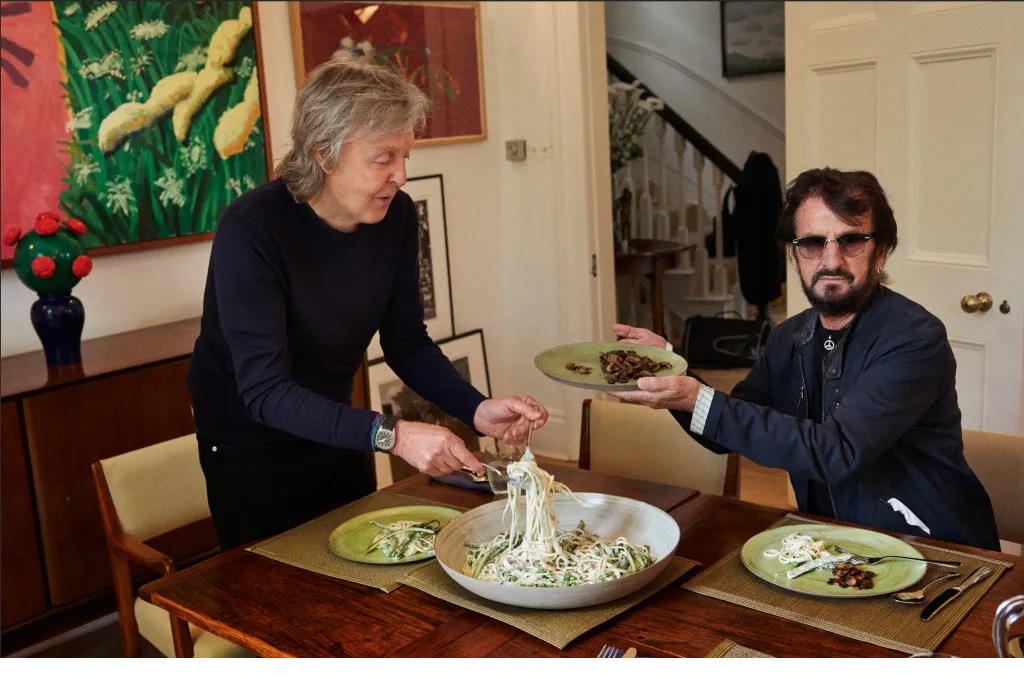Arvet efter The Beatles – En podcast med Kevin Howlett
En podcast om arvet efter The Beatles i 2 x 3 delar av Kevin Howlett
Den 20 december 2023 publicerade musikhistorikern Kevin Howlett två podcaster på The Beatles officiella hemsida, som han själv hade producerat och presenterat. Han hade delat upp podcasten i två delar, en som representerade den röda nyutgåvan av The Beatles 1962-1966 respektive den blå nyutgåvan av The Beatles 1967-1970. Var och en av de två delarna är i sin tur indelade i tre kapitel vardera.
Nedan återfinns dessa i form av spellistor på YouTube.
Ken Howlett firar dessa två albums 50-årsjubileum (1973-2023) med dessa två Podcaster, som innehåller intervjuer med John, Paul, George och Ringo, samt många andra musiker och producenter, såsom George Martin och Giles Martin, Dave Grohl och Mark Ronson. Dessutom har han med historien bakom The Beatles sista låt Now And Then.
Först ut är del 1 (1962-1966) med kapitel 1. För att komma åt kapitel 2 och 3, får man klicka på symbolen som återfinns längst upp till höger på bilden nedan. Klickar man på de tre strecken ska man kunna få upp följande kapitelindelning:
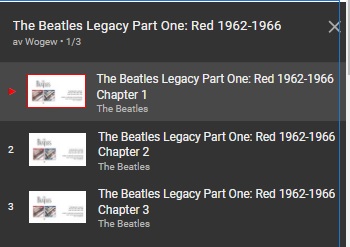
På motsvarande sätt som ovan kommer man åt de tre kapitlen i nedanstående podcast.


